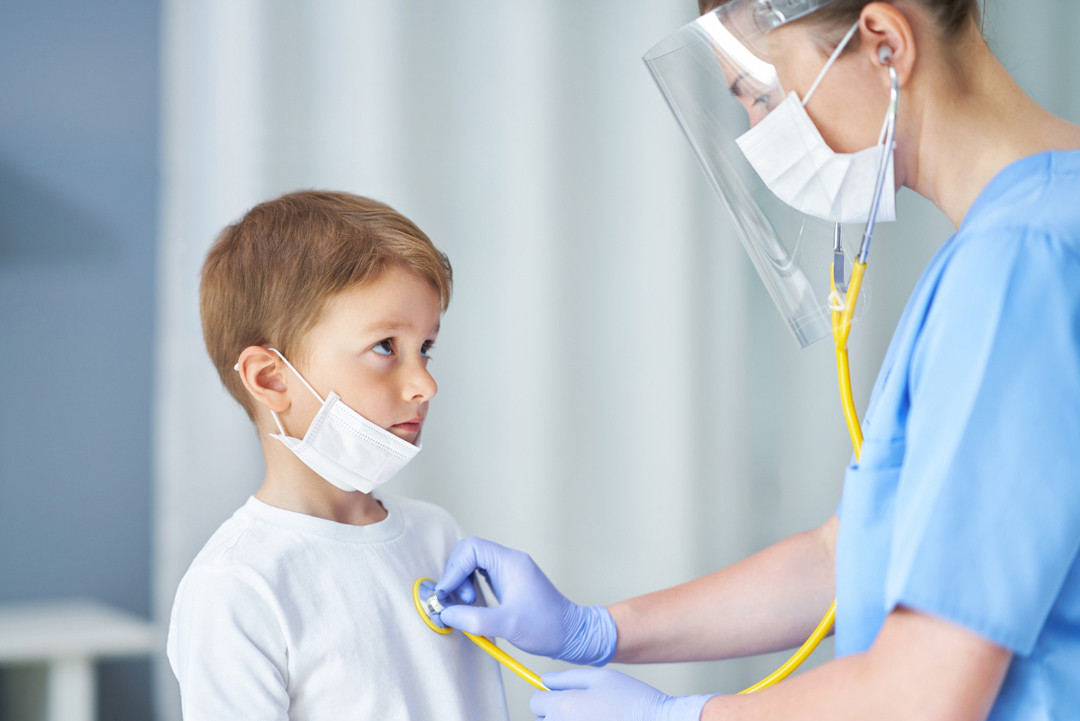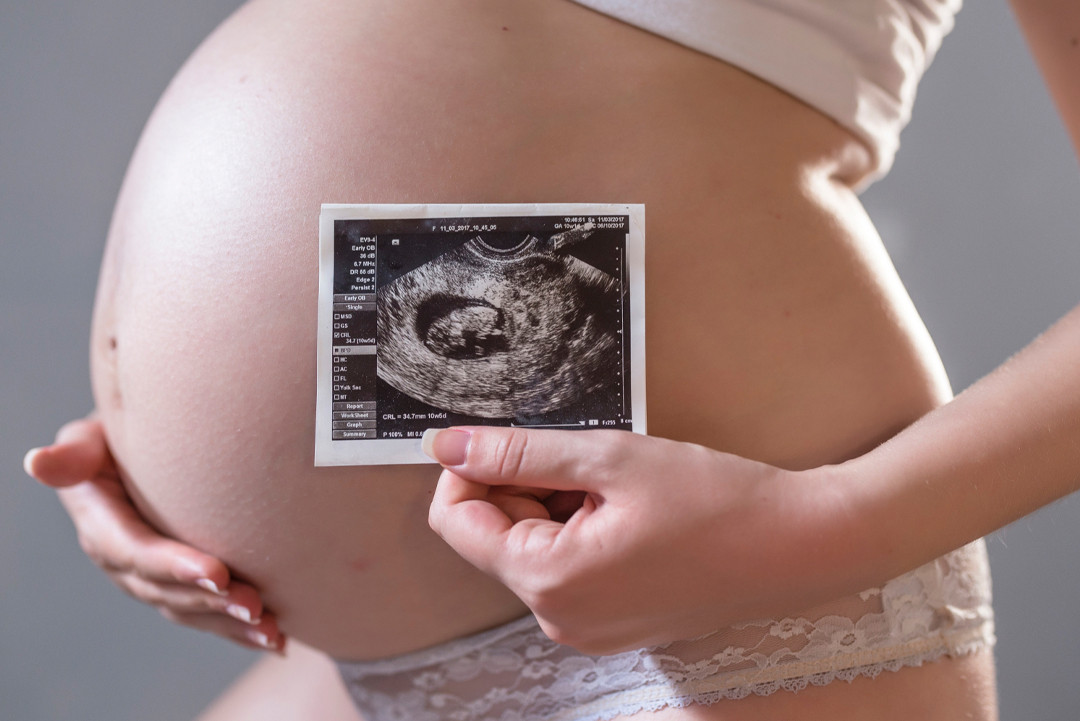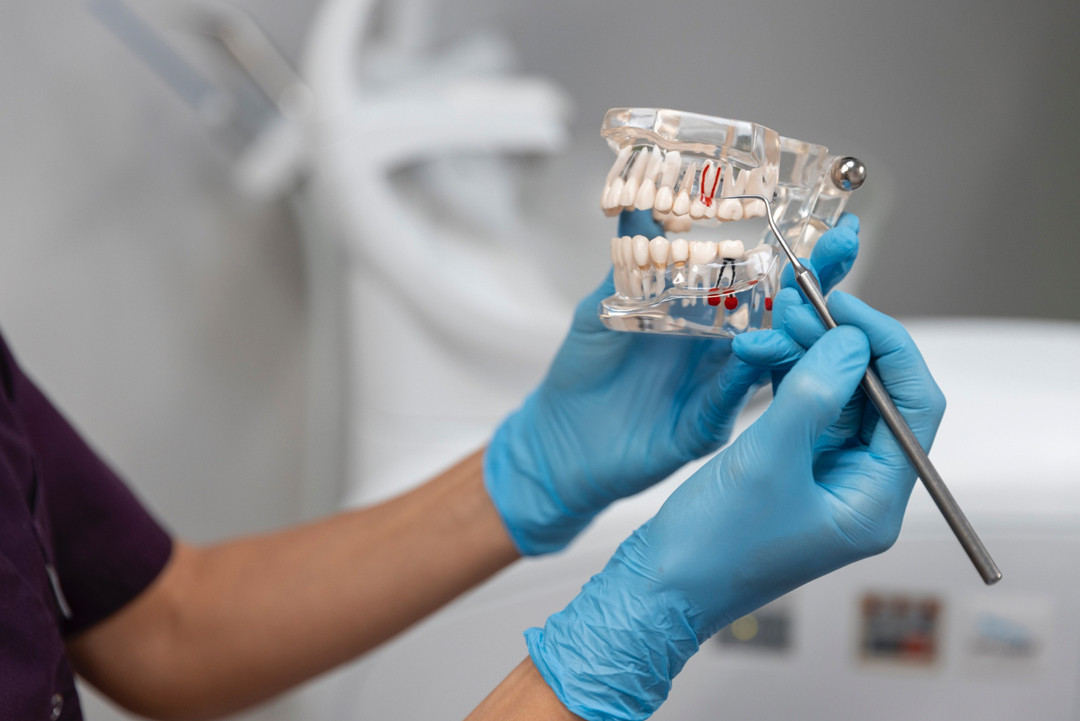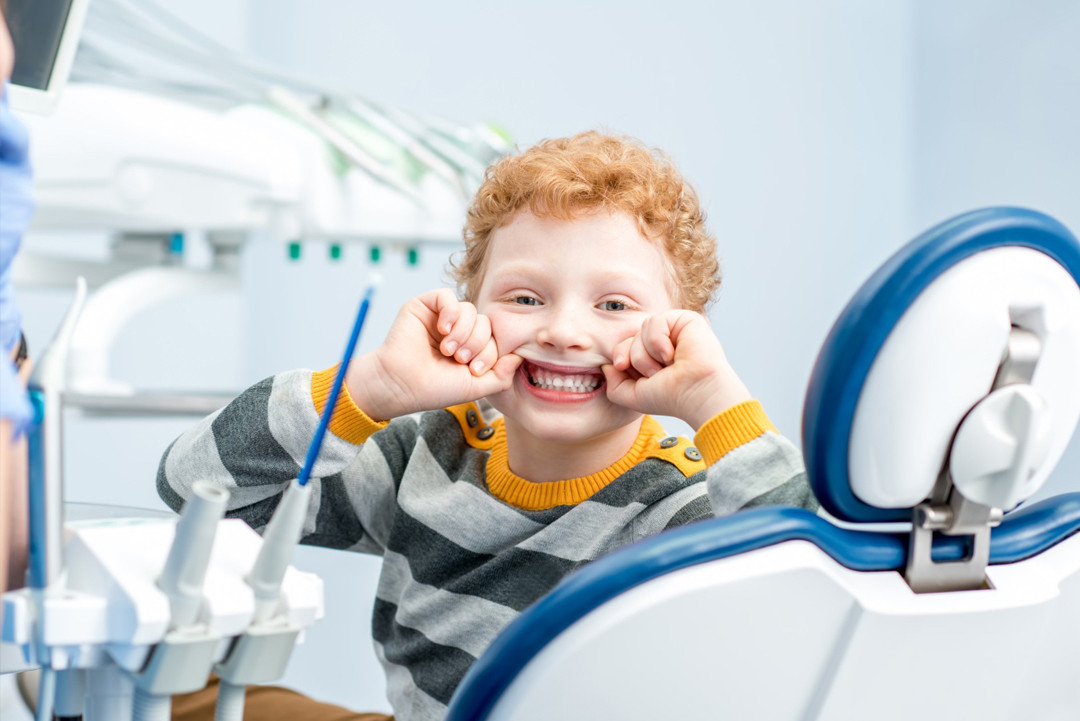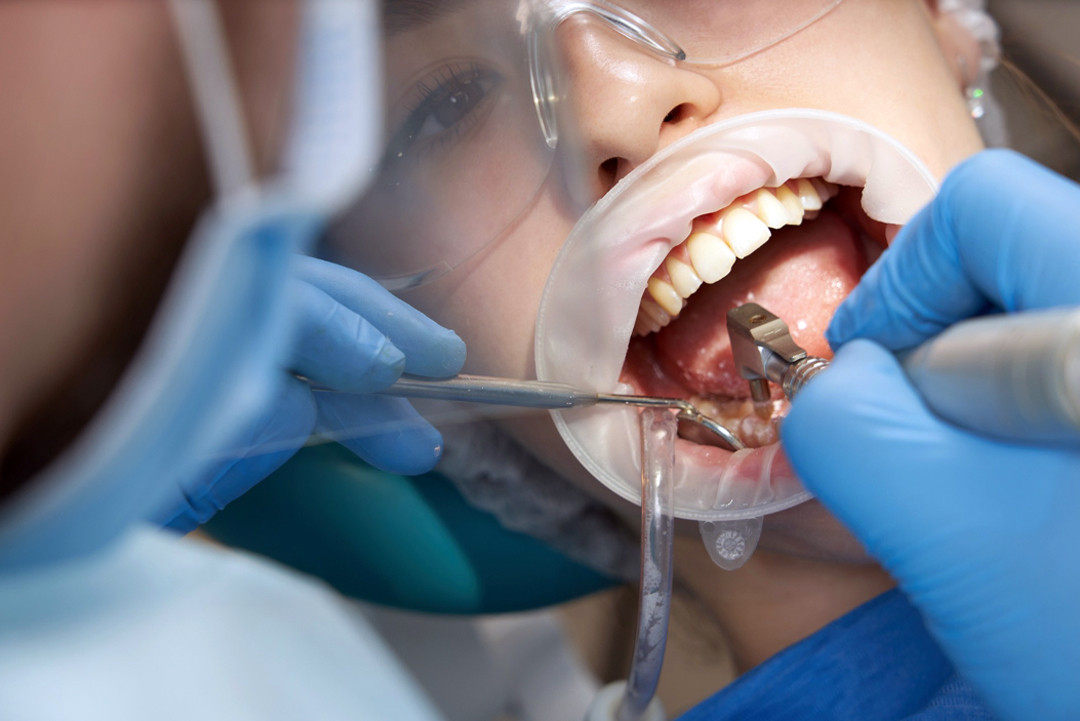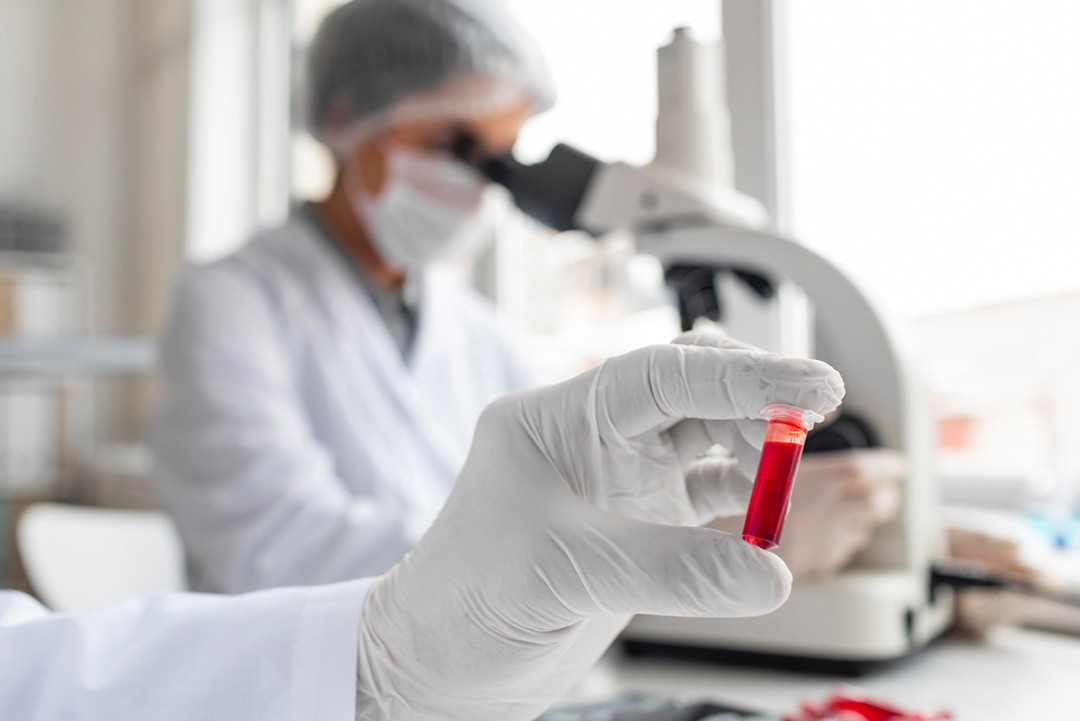What Is Pediatric Pulmonology?
Pediatric pulmonology is a subspecialty focused on diagnosing and treating respiratory disorders in children, including asthma, bronchitis, cystic fibrosis, and pneumonia. Pediatric pulmonologists are experts in addressing the unique challenges of childhood respiratory conditions and work closely with other specialists, such as allergists and immunologists, to provide comprehensive care.
How Does Pediatric Pulmonology Differ Between Adults and Children?
- Adults: Common conditions include chronic obstructive pulmonary disease (COPD), lung cancer, and asthma, often influenced by smoking, pollution, and lifestyle factors.
- Children: Common conditions include asthma, respiratory syncytial virus (RSV), croup, and congenital lung malformations, often linked to developing immune systems and anatomical factors.
Proper treatment of pulmonary conditions in both groups is crucial to improving quality of life and preventing complications.
Diagnostic Methods in Pediatric Pulmonology
Pediatric pulmonologists use various diagnostic tools to assess and identify respiratory conditions, including:
- Physical Examination: Assess breathing patterns, wheezing, and coughing.
- Lung Function Tests: Spirometry and peak flow tests to evaluate lung capacity and airway function.
- Pulmonary Function Tests: Assess overall lung function for conditions like asthma and cystic fibrosis.
- Imaging Tests: X-rays, CT scans, and MRIs to detect structural abnormalities or infections.
- Bronchoscopy: Direct airway examination to identify obstructions, infections, or structural issues.
- Blood Tests: Detect infections, allergies, or autoimmune disorders.
- Sweat Test: Diagnose cystic fibrosis by measuring salt concentration in sweat.
- Allergy Testing: Identify allergens contributing to respiratory symptoms.
- Sleep Studies: Diagnose sleep-disordered breathing or sleep apnea.
Common Pediatric Pulmonary Conditions
- Asthma: Chronic inflammation of the airways, causing wheezing, coughing, and shortness of breath.
- Bronchiolitis: Viral infection causing inflammation of small airways, often in infants.
- Chronic Bronchitis: Persistent airway inflammation leading to coughing and mucus production.
- Cystic Fibrosis: Genetic condition causing thick mucus buildup in lungs and digestive tract.
- Pneumonia: Lung infection causing fever, cough, and breathing difficulties.
- Pulmonary Hypertension: High blood pressure in lung arteries, causing breathing issues.
- Sleep-Disordered Breathing: Includes conditions like snoring and sleep apnea.
- Congenital Lung Malformations: Structural abnormalities present at birth, such as bronchogenic cysts or lobar emphysema.
Treatment Methods in Pediatric Pulmonology
Treatment is personalized based on the child’s condition, age, and overall health. Common methods include:
- Medications:
- Bronchodilators: Relieve airway constriction.
- Corticosteroids: Reduce airway inflammation.
- Antibiotics: Treat bacterial infections.
- Mucus-Thinning Agents: Help clear airways in cystic fibrosis or chronic bronchitis.
- Respiratory Therapies:
- Oxygen Therapy: For severe respiratory distress.
- Airway Clearance Techniques: Includes chest physiotherapy and positive expiratory pressure (PEP) therapy.
- Pulmonary Rehabilitation: Programs to improve lung function and fitness.
- Surgical Interventions: For congenital malformations or structural abnormalities causing obstruction or dysfunction.
- Allergy Management:
- Allergen Avoidance: Reduce exposure to triggers.
- Immunotherapy: Allergy shots or sublingual treatments to manage chronic allergies.
- Lifestyle Modifications: Encourage healthy habits, including quitting smoking in households and maintaining a healthy weight.
Why Visit a Pediatric Pulmonologist?
Consult a pediatric pulmonologist if your child experiences:
- Chronic coughing or wheezing
- Difficulty breathing or frequent respiratory infections
- Persistent mucus production
- Symptoms unresponsive to standard treatments
Pediatric pulmonologists provide expert care tailored to children’s unique needs, ensuring better respiratory health and quality of life.

